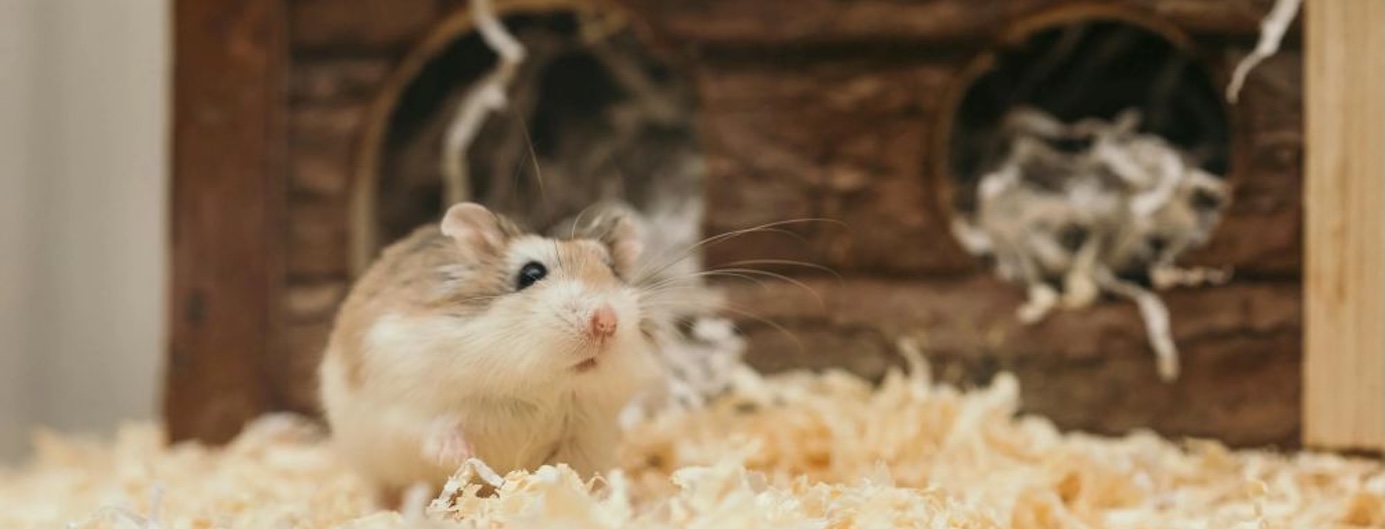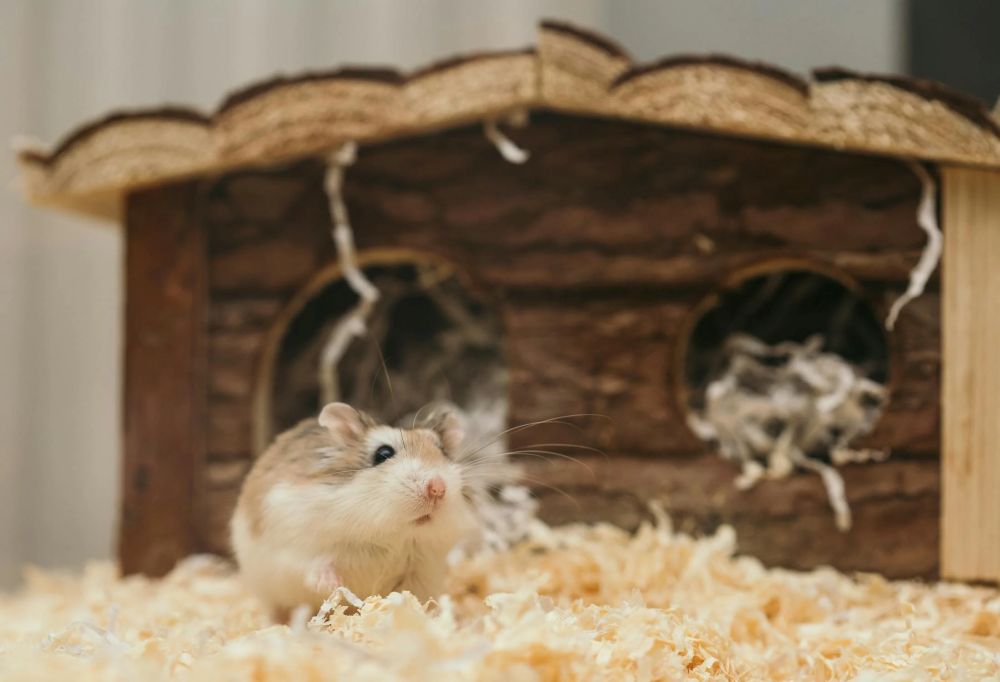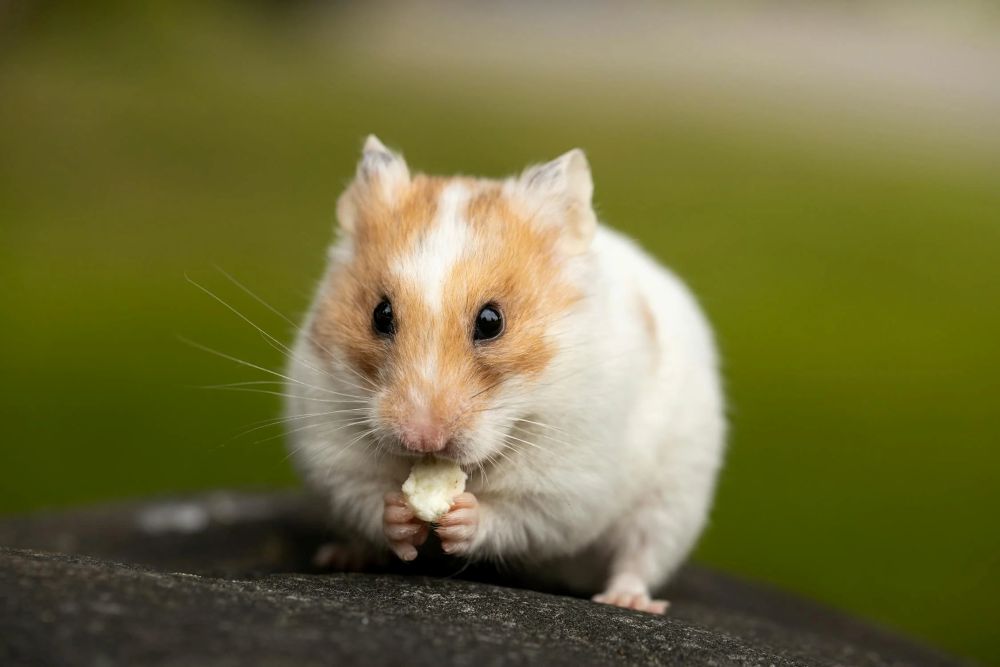

The tiny pitter-patter of paws and the comical stuffing of cheek pouches bring immense joy to hamster owners. However, these small, seemingly resilient creatures are masters at concealing illness.
Hamsters are prey animals, and their instinct is to hide any sign of weakness, making it challenging to spot when they aren’t feeling their best. So, it’s crucial to know what symptoms or subtle cues indicate that your hamster is sick. Also, early detection and a swift visit to a knowledgeable vet can improve their chances of recovery and ensure they continue to bring joy to your home.

To effectively recognize a sick hamster, it’s essential to first understand what constitutes normal behavior for these small, nocturnal creatures. Typically, a healthy hamster will exhibit the following behaviors::
Observing subtle changes in a hamster’s daily routines and physical appearance is important for early detection. If you notice any of the following symptoms, it could indicate that your hamster needs veterinary attention:
If you suspect your hamster is sick, the most crucial step is to seek professional care from a veterinarian who’s experienced with exotic animals. Hamsters are small, and their health can deteriorate rapidly, making expert diagnosis and treatment essential.
When you contact the vet, be prepared to report all the symptoms you have observed, even seemingly minor changes, as this information will be vital for diagnosis. Additionally, avoid the temptation to administer home remedies. If you don’t know how to treat a sick hamster, DIY remedies can be ineffective or even harmful to your delicate hamster.
While waiting for your veterinary care appointment, you can ensure your sick hamster is in a clean and quiet environment with easy access to fresh water. However, this is only for temporary comfort and should not replace professional vet consultation.
Preventing your hamster from becoming a sick hamster relies heavily on providing proper care. So, ensure a balanced diet, a clean and enriching environment, and minimal stress. As mentioned, regular health checks by a vet experienced with exotic animals are also crucial for early detection of any potential issues.
And when you need comprehensive pet wellness exams and advanced diagnostics like hamster ultrasound, bring your hamster to Beecroft Bird & Exotics Veterinary Clinic. Whether you need professional care for rabbits, reptiles and amphibians, or other exotic pets, you can expect compassionate and specialized care from our team.
If you have any concerns about your hamster’s health, please do not hesitate to contact us for expert guidance and care.
